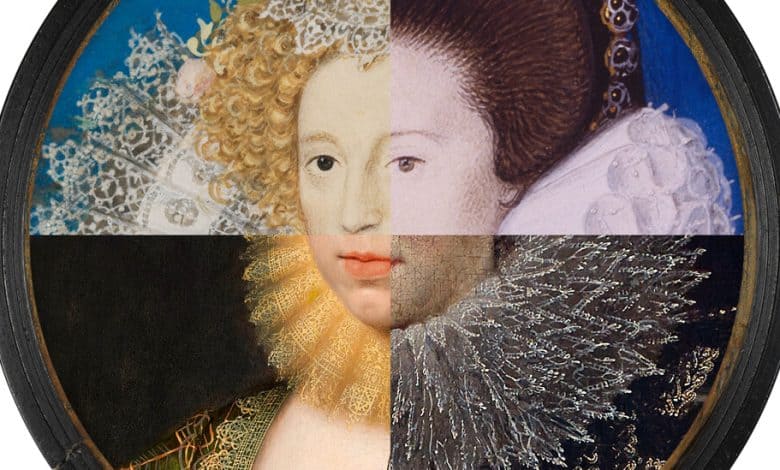Some of the Best Bards Were Women

SHAKESPEARE’S SISTERS: How Women Wrote the Renaissance, by Ramie Targoff
Judith Shakespeare, Virginia Woolf’s imaginary sister of the Bard, was for years the accepted portrait of the nonexistent writer of Renaissance England. In “A Room of One’s Own,” her seminal feminist essay, Woolf concluded that any glimmer of female creativity in Shakespeare’s time would have been expunged by a pinched life as a breeding machine of children who so often died, disallowed opinions of her own. Had any woman survived these conditions, wrote Woolf, “whatever she had written would have been twisted and deformed, issued from a strained and morbid imagination.”
Wrong, says the Renaissance scholar Ramie Targoff in “Shakespeare’s Sisters,” her fascinating excavation of four intellectual powerhouse women of the 16th and early 17th centuries. Woolf had just not dug deep enough to find Mary Sidney’s sublime translations, Aemilia Lanyer’s groundbreaking poems or Elizabeth Cary’s subversive dramas. She dismissed the fourth, the great diarist Anne Clifford, as “trivial,” says Targoff — a view not shared by Anne’s distant relative Vita Sackville-West when she discovered and lovingly edited the diaries in 1923.
All Targoff’s subjects — except for the court musician’s daughter, Lanyer — were well-born women. (The female literacy rate in Renaissance England was, by some calculations, below 10 percent outside London — so there is little chance of a hidden masterpiece emerging from the ruins of a pigsty on Pudding Lane.)
But aristocratic life for women with an educated mind offered its own special torture. They had to watch the men of the family leave home for the schooling they were denied and could be married off early to tyrannical dullards — Mary Sidney was only 15 when she was “picked to breed” by a dour 38-year-old widower, the Earl of Pembroke, and to take on the responsibilities as chatelaine of one of England’s grandest stately homes.
Elizabeth Cary’s husband, Sir Henry (with whom she churned out 11 children), was a dead weight on his wife’s soaring talent as a playwright. He forced her to ride, despite her terror of horses. When he left for two years to fight in Protestant wars in the Netherlands, his mother hired someone to write letters to him in Elizabeth’s name in case her husband found her obvious intelligence repellent.
